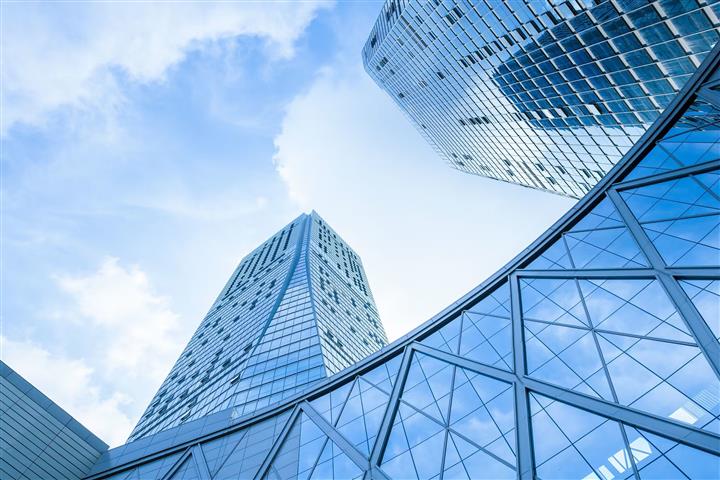 Japan's Panasonic, Daikin Invest in Post-Covid China
Japan's Panasonic, Daikin Invest in Post-Covid China(Yicai Global) Jan. 31 -- Japanese companies, including Panasonic Holdings and Daikin Industries, are increasing their investments in China amid the post-Covid shake-up of global supply chains.
From 2022 to 2024, Panasonic's investment in China will exceed JPY50 billion (USD385 million), including transferring its production line of electric rice cookers to Hangzhou, the Osaka-headquartered firm told Yicai Global recently.
Panasonic will also build or upgrade more than 10 plants to produce home appliances and air conditioning supplies in China, an insider said. The Hangzhou plant will become Panasonic’s first newly-built home appliance plant in China over the past 18 years. The facility will go into operation next year to make CNY2 billion (USD296.2 million) worth of microwaves, electric rice cookers, and other cooking appliances per year.
Strategic Decisions
Transferring the production line of electric rice cookers to Hangzhou is not a recent decision as it was made after long and thorough deliberation since the Covid-19 pandemic, Tetsuro Homma, regional head of China & Northeast Asia at Panasonic Holdings, told Yicai Global.
The basic idea is to sell products where they are produced, Homma said. "We see that supply chains in China are resilient and we are willing to bring the advantages of Chinese supply chains into full play."
Besides Hangzhou, Panasonic also produces electric rice cookers in India’s Chennai, Homma said, adding that the eastern Chinese city has advantages in policies on bonded areas, technologies, and supply chains while India has lower labor costs.
Another Japanese firm Daikin will start building its third production base in China in Huizhou, Guangdong province, next month. The new plant is scheduled to start production in August 2024 and achieve CNY7 billion in revenue per year.
Daikin's rising capacity indicates that the air conditioning giant is confident about the potential of the Chinese market and its after-market demand, said Fei Teng, analyst at research platform ChinaIOL. "Users in the central A/C market, in particular, speak highly of Japanese products."
Blue Ocean of NEVs
China’s big new energy market is also attracting Japanese companies to hike their investments.
Honda Motor brought its first electric vehicle developed in China onto the market in April 2022. The carmaker intends to build plants in Hubei and Guangdong provinces and export vehicles to Europe after this year. Rivals Toyota Motor and Nissan Motor have released new energy vehicles in China too.
Electric motor manufacturer Nidec announced last May that it plans to establish its fourth and largest eAxle plant in China. The facility in Zhejiang province should start operations in October to produce as many as one million eAxle electric drive solutions in 2024.
Panasonic is also eyeing NEVs. The conglomerate of home appliances and electronics formed a unit in Shanghai for CNY182 million (USD27 million) in November to focus on supplying key NEV parts.
Panasonic is also seeing opportunities in hydrogen. The firm has been developing hydrogen technologies in Japan for more than 20 years. Consequently, it has no big space to develop further in its motherland, while China has huge potential in the field of renewable energy, Homma noted.
Japanese firms’ expectations and investments in China are changing, Xu Mei, researcher at the Chinese Academy of Social Sciences, wrote in an article last year. In recent years, some companies have been cutting their production capacity in China to steer away from geopolitical risks while diversifying their industrial chains and reducing their costs. But what has not changed is that the Chinese and Japanese economies still rely on each other, Xu added.
Editors: Tang Shihua, Emmi Laine, Xiao Yi